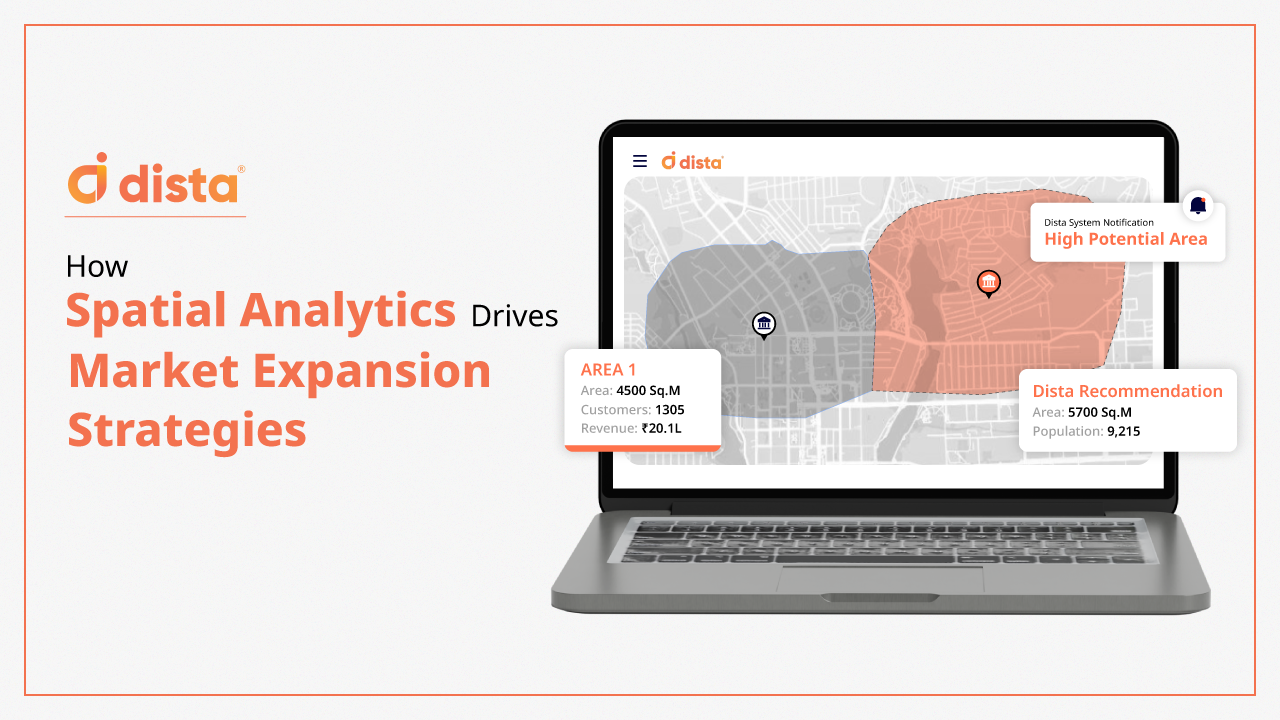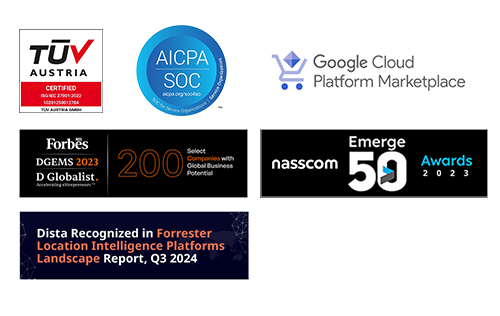Fleet management trends in 2025 are likely to pivot towards AI integration, electrification, predictive maintenance, and sustainability.
Organizations that handle massive logistical operations are already implementing digital transformation technologies to improve fleet efficiency and control operational costs. Rising fuel costs, stringent emission regulations, and rapid technological advancements are pushing companies to rethink their strategies.
This blog will explore the top trends in fleet management in 2025. A roundup of this may help organizations ideate and implement innovative solutions to enhance their fleet operations.
Also Read: The Ultimate Guide to Fleet Management
Fleet Management Trends for 2025
1. AI-powered fleet optimization and EV Adoption
According to an Emobility Plus report, India’s logistics sector is expected to grow to $347 billion by FY30. EVs are projected to handle 14% of this market by 2030, valued at approximately $49 billion.
Moreover, using semi-autonomous vehicles with advanced sensors to collect real-time data reduces labor costs and induces operational efficiencies.
Organizations can also contribute to sustainability goals by providing tracking and predictive maintenance for EVs using a comprehensive fleet management software. Leveraging location intelligence data and AI/ML tools will give more profound insights into fleet operations, improving top-level visibility and decision-making.
2. Intelligent Fuel Management
Managing fuel costs is one of the biggest challenges for fleet organizations. In 2025, organizations are expected to increase the adoption of intelligent tools to optimize fuel management.
Intelligent fuel optimization systems powered by AI can also analyze and optimize power distribution between the EV, charging infrastructure, and energy providers, ensuring that energy is allocated efficiently based on demand, minimizing costs during peak periods, and maximizing the use of renewable energy sources.
Utilizing the data on fuel expenditure for each vehicle and combining it with reports based on predictive maintenance helps fleet managers optimize fuel consumption.
3. Focus on Telematics Tracking
According to a release by Globennewswire, the global commercial vehicle telematics market accounted for $4.86 billion in 2019 and is expected to reach $5.93 billion by 2025. This can be attributed to an increased focus on driver efficiency, accuracy in deliveries, or an increased focus on sustainability.
Fleet managers can leverage telematics (GPS systems, onboard vehicle diagnostics, and wireless audio/visual devices) for real-time vehicle and driver updates. They can monitor driver behavior, track vehicle performance, assess road conditions, and even analyze real-time traffic patterns.
AI/ML-enabled platforms integrated with 5G, advanced driver assist systems (ADAS) and IoT devices can help derive these insights for managers to review these suggestions for optimizing performance and reconfigure fleet operations for better productivity.
4. Remote Fleet Management Solutions
In 2025, efficient fleet managers are expected to focus on new ways to monitor their fleet drivers’ productivity remotely. A comprehensive fleet management software can enable managers to stay connected with the fleet while monitoring assets and tracking fleet data in real time.
This results in improved operational efficiency, cost-effectiveness, and enhanced safety of assets on the field.
5. Predictive Fleet Maintenance
Tracking your fleet using fleet management software provides insights into the total distance traveled by a vehicle and helps track overall fleet health. Using these real-time data metrics, it’s easy for organizations to plan and schedule predictive maintenance. Anticipating repairs reduces maintenance costs and lowers the risk of breakdowns for better operational continuity.
Using software dramatically improves transparency, allows managers to check and approve multiple requests from a single platform, and offers digital record-keeping to provide a clear overview of repair costs for fleets. Better visibility and transparent records help improve vigilance, keep costs low, and manage fleets with the existing workforce.
6. Growth of Mobility-as-a-Service (MaaS) Sector
MaaS highlights alternative solutions for companies to review vehicle-sharing strategies and reevaluate their fleet management processes. Companies can benefit from data analytics and revisit their business strategy using robust fleet management software.
Fleet owners are expected to experiment with company-owned vehicles and try leasing them. By embracing vehicle sharing, companies can make better use of idle cars, control budgets, and reduce carbon footprint. Key fleet metrics will also evolve, shifting from vehicle numbers and data to factors like timing, journey success rates, attendance rates, and annual cost.
7. Stronger Data Security
Increased compliance with cybersecurity standards and frameworks will continue to hold importance in 2025 to protect from unauthorized data breaches. Technologies like encryption, multi-factor authentication, antivirus, and firewall systems significantly reduce the risk of cyber attacks.
Fleet vehicles hold a significant amount of sensitive data that needs to be protected. Fleet managers are also shifting their focus to strategic management from tactical management and are upskilling in IT to adopt newer roles and evaluate data to improve visibility for fleet operations.
8. Improved Fleet and Driver Safety
Encouraging good driving practices and implementing a safety culture helps train drivers responsible for long-haul logistics. Critical features like geofencing, driver behavior, and alarm systems are some of the proper monitoring and tracking technologies that reduce the likelihood of accidents.
Intelligent monitoring systems will also provide comprehensive vehicle and driver activity notifications. Moreover, deeper insights and reports will help identify errors and loopholes in your operations related to safety and rectify them actively.
Final Thoughts
In 2025, fleet management will be driven by AI, sustainability, and data-driven decision-making. Companies that embrace these innovations will improve efficiency, reduce costs, and stay ahead of regulatory changes. As technology continues to evolve, fleet operators must remain agile and invest in the right tools to future-proof their operations.
Organizations focusing on global logistics solutions will benefit from implementing deep tech integrations and applying location intelligence insights to optimize fleet operations using a feature-rich fleet management software.
Reach out to us and book a demo to see our fleet software in action.














